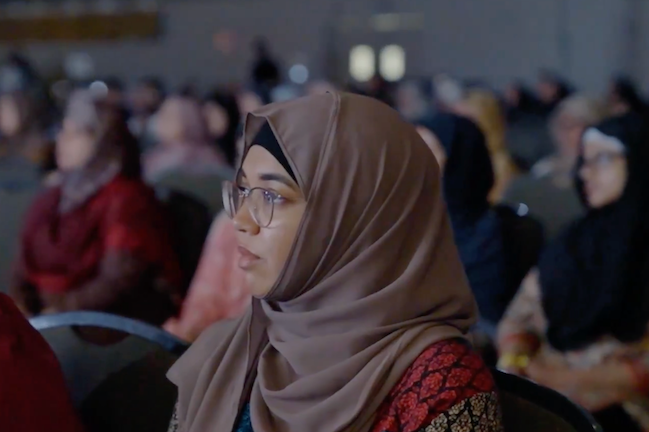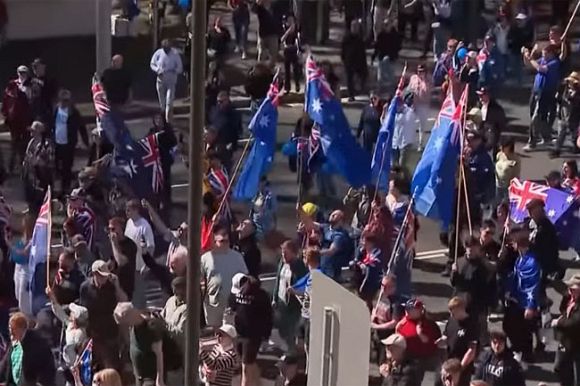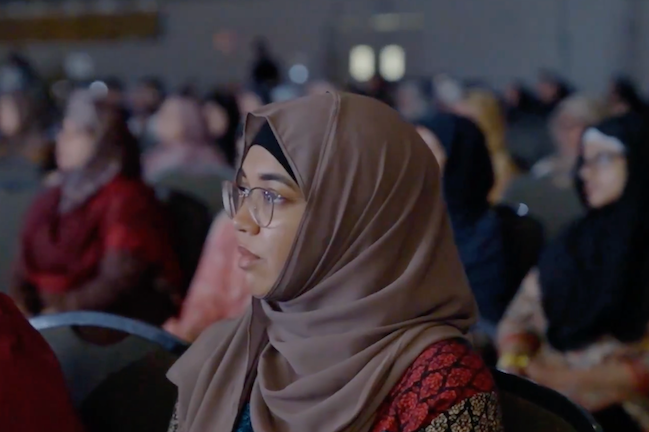Long before federation, migrants, including Muslims, were helping shape Australia’s economy and identity, writes Mainul Haque.
IN THE LATE 1990s, during a field study in Wyndham, a remote town in Western Australia, I met a small tourism operator whose story has stayed with me ever since. I was studying successful regional small tourism ventures and wanted to highlight examples from First Nations communities.
After a productive discussion, I asked the owner if she had any Malaysian connections — her accent hinted at it. She smiled and said her great-grandfather had come from Malaysia to work in the pearling industry and had married her great-grandmother, a First Nations woman. He stayed, raised a family, and built a life in Australia.
That brief encounter revealed something profound: early Muslim migrants were not just visitors to Australia’s shores; they were bridge-builders — forming families, industries, and communities that remain part of our shared story.
Muslims in Australia’s early economy
Long before Federation, migrants, including Muslims, were helping shape Australia’s economy and identity. In Broome, skilled divers from Malaysia, Indonesia, and the wider Malay Archipelago were central to the pearling industry. These early migrants brought skill, endurance, and enterprise, helping northern Australia thrive.
Likewise, the Afghan cameleers of the 1860s carved transport routes through the harsh interior, opening up trade and communication across the continent. Their labour literally connected Australia’s inland towns to its coasts.
Muslim settlers also intermarried with First Nations peoples and Asian migrants, creating multicultural families long before the term multiculturalism existed. Mosques in Broken Hill and Marree remain as living testaments to their faith, resilience, and contribution.
Early Muslims were not outsiders; they were nation-builders — much like today’s migrants who continue to strengthen Australia’s economy and social fabric.
A lesson for today
It is disheartening to hear some politicians and commentators today blame migrants for taking jobs, driving up housing prices, or straining services. The evidence tells a very different story.
Migrants create jobs, build houses, and fill critical skills shortages — particularly in healthcare, aged care, construction, and technology. People born overseas now make up around 30% of Australia’s population, more than twice the OECD average. Regions with higher migrant shares have been found to have 1.3% higher wages for Australian-born workers, showing that migration lifts everyone’s prosperity.
Migrants also contribute substantially to the nation’s wealth. In 2021–22, they earned an estimated $284 billion in personal income, underlining their central role as earners, taxpayers, and consumers. Treasury projections show that migration will add around $1.6 trillion to GDP by 2050, boosting GDP per capita by nearly 6%.
Migrants do not burden Australia — they sustain it, energise it, and make it stronger.
The tourism operator’s story in Wyndham symbolises this truth. Her great-grandfather’s contribution to the pearling industry laid the foundations for a family and a community that reflect the best of Australia’s diversity — cooperation, connection, and contribution.
Economic and social builders
Migration has always been part of Australia’s economic lifeblood. Early Muslim settlers contributed through trade and enterprise; today’s migrants continue that tradition through innovation, small business creation, and community leadership.
Migrants are highly entrepreneurial. They are more likely than Australian-born citizens to start a business, driving job creation and economic renewal. Migration has also been shown to increase labour-force participation by 15.7 % and raise after-tax real wages for low-skilled workers by more than 20%.
Beyond economics, migrants strengthen our social fabric. The migrant population is generally younger and more educated, helping to address Australia’s ageing workforce and skills shortages. In the Muslim community, for example, a recent study found that nearly 46% of working-age Muslims are in full-time employment and 12% are self-employed — evidence of strong workforce participation and enterprise (MDPI, 2024).
Through intermarriage, civic participation, and volunteerism, migrants build bridges of understanding and foster unity across diverse communities.
Diversity is not a challenge to manage — it is a strength to celebrate.
Why it matters
From the pearl divers of Broome to the cameleers of the outback, from the early mosques to modern community centres, the Muslim story is inseparable from Australia’s national story.
Australia’s success rests on its ability to harness the energy, skills, and creativity of all its people. Early Muslims lived that principle through their toil and trade; today’s migrants continue it in our hospitals, schools, farms, and small businesses.
They are not here to replace anyone — they are here to build, contribute, and belong.
Recognising the contributions of early Muslims and contemporary migrants strengthens our sense of national identity and social cohesion. It honours those who came before and inspires future generations to build an inclusive, confident, and compassionate Australia.
History is not distant; it lives on in our families, workplaces, and communities. To ignore it is to undervalue the foundations of our economy and multicultural success.
Migrants are not a burden. They are an asset — past, present, and future. Celebrating this truth is not just about acknowledging the past; it’s about shaping the kind of nation we aspire to be — one that values diversity, fairness, and shared prosperity.
Mainul Haque OAM is a retired Australian public servant with nearly three decades of experience in government, academia, and community leadership.
 This work is licensed under a Creative Commons Attribution-NonCommercial-NoDerivs 3.0 Australia License
This work is licensed under a Creative Commons Attribution-NonCommercial-NoDerivs 3.0 Australia License
Support independent journalism Subscribe to IA.

Related Articles
- We need a holistic, long-term plan to manage immigration
- Immigration pressures build as net migration stabilises
- Government report provides a strong basis for immigration reform
- 400,000+ bridging visa holders highlight a system in deep trouble
- Media that accused ABS of censorship and politicisation should apologise











